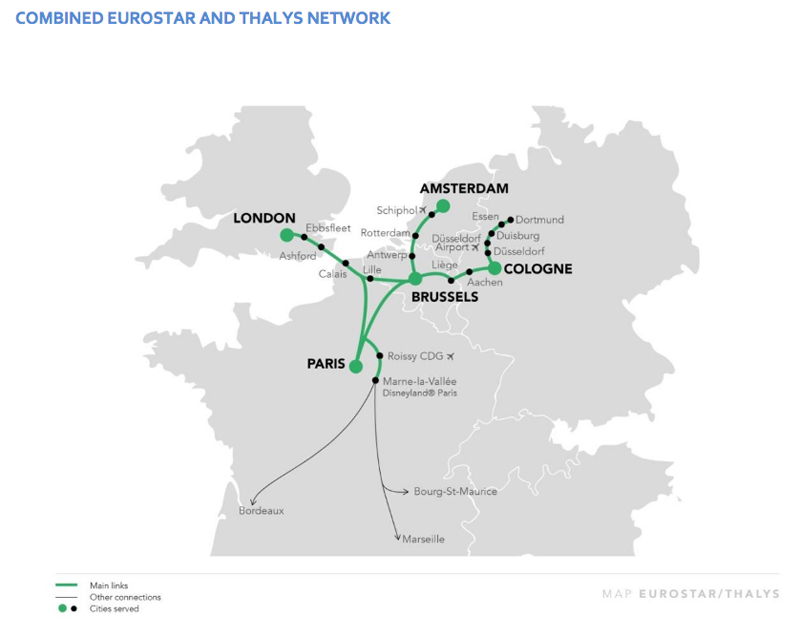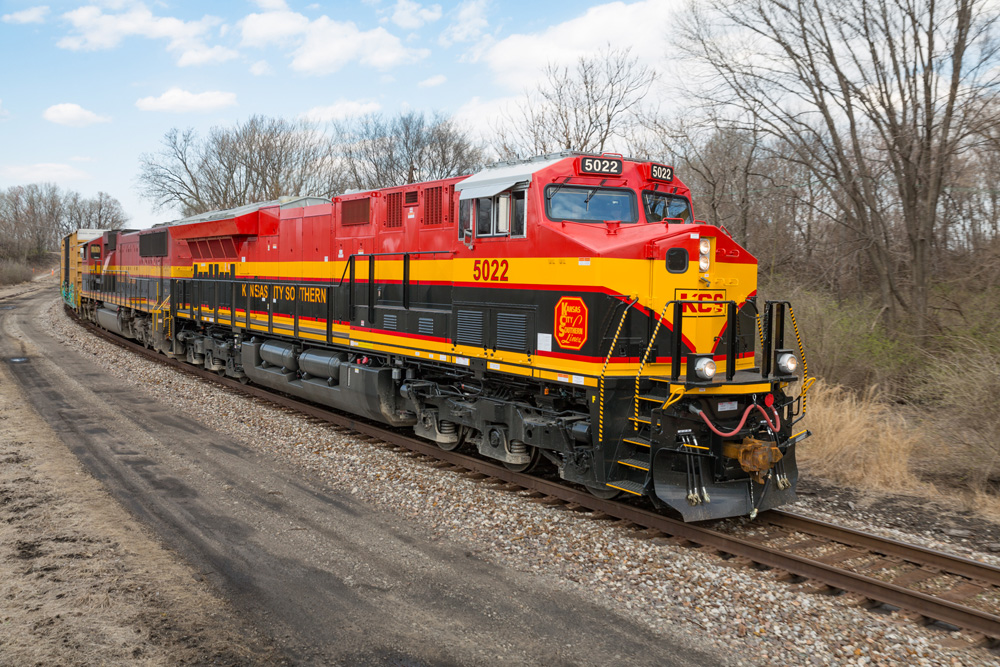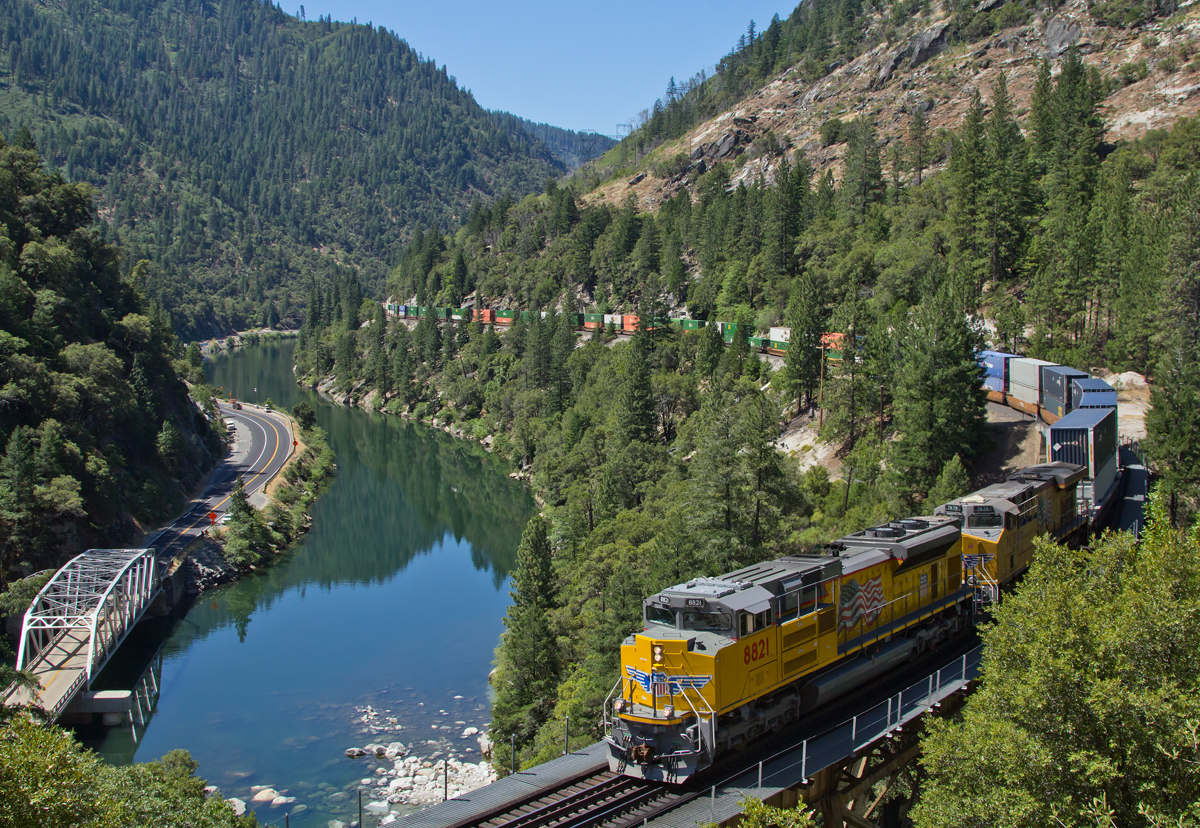
SAINT-DENIS, France — France’s state-owned rail company, SNCF, and its Belgium counterpart, SNCB, have proposed a merger of the Eurostar and Thalys high speed rail companies to create one operator that would serve five countries.
The proposal, labelled “Green Speed,” was announced Friday. The combined company would serve England, France, Belgium, Germany and the Netherlands. Its components currently operate 112 trains daily and carry 18.5 million passengers annually.
The press release announcing the proposal said it would provide a platform for increasing ridership on the high speed system to 30 million passengers annual by 2030, maximize the use of renewable energy sources to aid the European Union’s goal of reducing carbon emissions, and simplify international travel for its customers by allowing a single ticket and better connections to more destinations.
SNCF holds a majority stake in both Eurostar and Thalys, Politico.eu reports, noting the proposal must be approved by the boards of both companies, and will need to be cleared by EU competition officials.














I too am aggressively pro nuclear. The only thing I can add to Anna’s well stated points is that spent fuel rods (1 cubic meter per year per reactor so not huge in volume) is not “waste”. It’s a dense energy resource to be managed until next generation reactors that can use it as a breeder (neutron bombardment to create fissionable isotopes) fuel.
And “density” is an important facet of energy sources, which is why fossil energy is difficult to replace (but replace it we must). Wind and solar on the other hand are very diffuse and therefore very low energy density which is why Germany after spending a fortune on them has barely made a dent in their carbon footprint. Because the “all in” cost minus subsidy for wind/solar is quite high including all of the generating plant infrastructure, additional transmission lines to remote generating sites, grid enhancements to wheel gobs of power around, backup generation plants for when wind doesn’t blow or sun doesn’t shine, batteries, and waste disposal (with a 20 year lifespan, there will be lots of toxic difficult-to-recycle solar panels tomdeal with).
Oh and Charles Landey is right about what a disaster scaling up batteries for transportation will be. Just the cobalt and lithium extraction alone are folly. But he’s wrong if he thinks we don’t need to decarbonize our energy system, and aggressively. Fortunately abundant nuclear process heat can provide a solution for carbon neutral motor fuels that don’t require wholesale replacement of fueling infrastructure.
Mr. Friedman:
It’s precisely because the storage of nuclear waste is political (fueled by under-educated fear) that waste repositories haven’t been built. Keep in mind no form of power production/transmission is without risk — dams have collapsed, gal lines have exploded, coal plants can produce nasty emissions, etc. As Ms. Harding says, TANSTAAFL (There ain’t no such thing as a free lunch.). As a Ph.D. astrophysicist, I understand the physics involved, and electrical production (and the limitations of the various methods) has long been one of my side interests.
But also as Ms. Harding and others have pointed out, this is a forum about trains. So let’s talk about trains, specifically ones powered by electricity. If you want electrically powered trains, you need a reliable base-load producer of electricity, and there really are only two alternatives today for dependable base load — nuclear or coal — so choose your poison.
(Ms. Harding: I always enjoy reading your posts for the clear thinking they reveal.)
Mister Friedman:
Actually, I live in a small town with a history involving the nuclear industry, and we would be thrilled to have a waste repository here. And I speak not only for myself, there is a lobbying effort to get the thing. Unfortunately there are several other towns which would like to have it as well.
I happen to be in the industry which means I am
biasedbrainwashed on the subject and therefore cannot be trusted. This is not the forum in which to discuss Fukushima daiichi (and didn’t you know the reactors caused the earthquake? It only stands to reason, didn’t you know.) but I understand how it happened. I also understand how Chernobyl and how Three Mile Island happened, as well as what happened at EBR-1.We’re here to discuss trains. Electric trains require electricity and (guess what) baseload sources of electricity must be absolutely reliable and, at the moment neither wind nor solar is absolutely reliable. And if you want to get away from fossil fuel, that leaves nuclear. And don’t even think of hydro, that is tapped out and has its own problems.
If you want the trains to run you have to have absolutely reliable power. So pick your poison – there ain’t no such thing as a free lunch.
The above comments are generic in nature and do not form the basis for an attorney/client relationship. They do not constitute legal advice. I am not your attorney. Find you own damn brainwashed industry stool.
Anna Harding,
If the problem is just political, then we should build that nuclear waste dump Congress has been talking about since 1980 in your town. I’m sure your neighbors won’t mind. 🙂
Clearly we haven’t solved the problems of nuclear power or the Fukushima Daiichi disaster would not have happened. But nothing wrong there, either, right?
The fact is that nuclear power is so complex and difficult to get right (even the French are having huge problems with their recent reactor designs and they were the masters of it in the 70s and 80s). Just ask Finland about the cost overruns on the French built reactor they bought which is years late and billions over the cost.
But none of that has much to do with this merger. They’re simply trying to cut costs and reduce bureaucracy. This is probably also a result of the EU directive to allow open access to rail lines. SNCF has been one of the foot draggers in that effort.
Interesting Carl. You do realize that these are government-run railroads, don’t you?
The branding of the trains is . . . only branding, not the actual substance of the service. Is “Acela” much better? I mean now we’re used to it, but remember when it was new? Or “Virgin Trains” which seems a little wrong in the “Me Too” era. I imagine they did some research to determine that “green” has positive connotations from potential customers? Presumably it has more power to denote something good in people’s mind than “acela”.
(Note – I love the acela, and I get why the brand was designed and I think it has been a success. I’m just using it as a comparison).
Too bad we always have to get tangled up in Green Energy and reduced carbon emissions. All of this is propaganda for increased political power under the globalization banner (the EU and the UN). Nuclear power, already well established in Europe, should be used to power these trains. Government interference should be eliminated.
Mister Staten (and others):
The biggest problem with nuclear waste disposal is not technical, it is political, and it is driven by fearmongering. The fact of the matter is that the stuff does not stay violently radioactive for 25,000 years (and then instantly quit). It is well known in the field that the spent fuel is no more radioactive than the ore from which it was originally mined after about 600 years.
You don’t have to believe me. The reference is Figure 11-1, Benedict, Pigford, and Levi, “Nuclear Chemical Engineering”.
However, since when has logic and data ever been able to prevail over fear and hysteria?
Now, moving on to why nuclear power is important. It does not emit carbon, which means it is green. It can be used to run trains. Reactors are base load plants, which means they have a constant output regardless of load conditions. This can be used to advantage in a rail system.
Current industry thinking is moving away from the huge monolithic plants in favour of clusters of small plants – 160 MWe seems to be a common design figure. While you cannot bring up or shut down a reactor the way you can, say, a diesel engine, this clustering allows you to roughly trim the output for such things as seasonal variations. It allows for 5+1 availability, which means that five (small) plants are on-line while the sixth undergoes scheduled maintenance (and then they rotate).
You can get all of this from the American Nuclear Society if you are so interested. But be advised. None other than the John Birch Society declared the ANS to be a communist front organization.
The above comments are generic in nature and do not form the basis for an attorney/client relationship. They do not constitute legal advice. I am not your attorney. Find you own damn rabid red baiter.
A lot of waffle about nuclear power so far which is not relevant to the issue. SNCF and SNCB already own Eurostar and Thalys. However probably both organisations fear that Eurostar could lose passenger numbers when the UK finally leaves the EEC (if it does).
Putting both operations under one management team should cut costs and potentially permit Eurostar to continue its current operations – London to Paris, Brussels and Amsterdam.
I am surprised this hasn’t happened sooner.
Thank you Mike you could not have said it better. The biggest issue with nuclear energy is the waste, if that could be solved (some people have said it could be) than it should be in the energy mix.
Green energy is important. Europe takes this seriously. The US does not. We pretend like it’s not a problem and blithely go as if nothing is happening.
And nuclear energy is consider by some (though not all because of the unresolved waste issues) to be green since it produces no carbon emissions.
CARL – I agree. What’s wrong with simply calling it a railroad merger? Why does it have to be labeled “GREEN”. Bear in mind this is the same political movement mandating electric cars, which will be an ecological disaster of unmatched proportions.